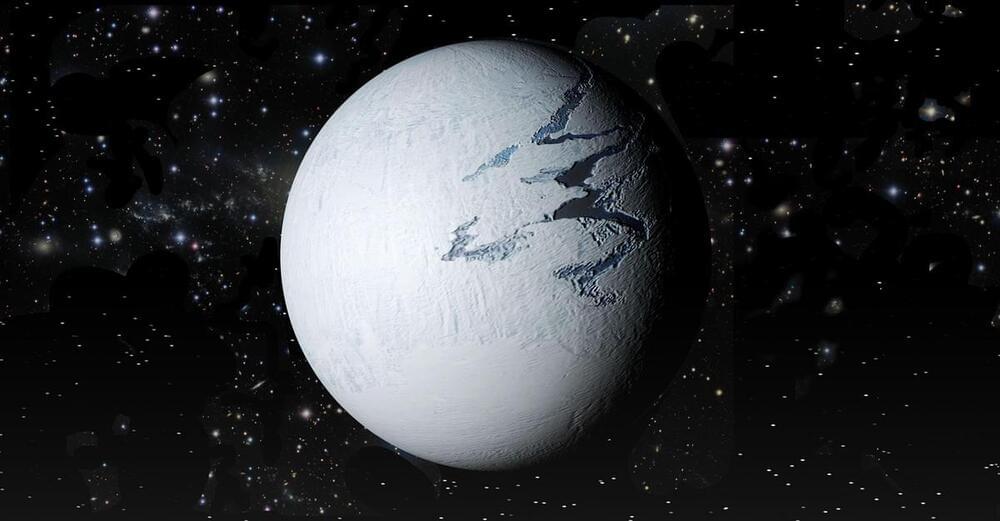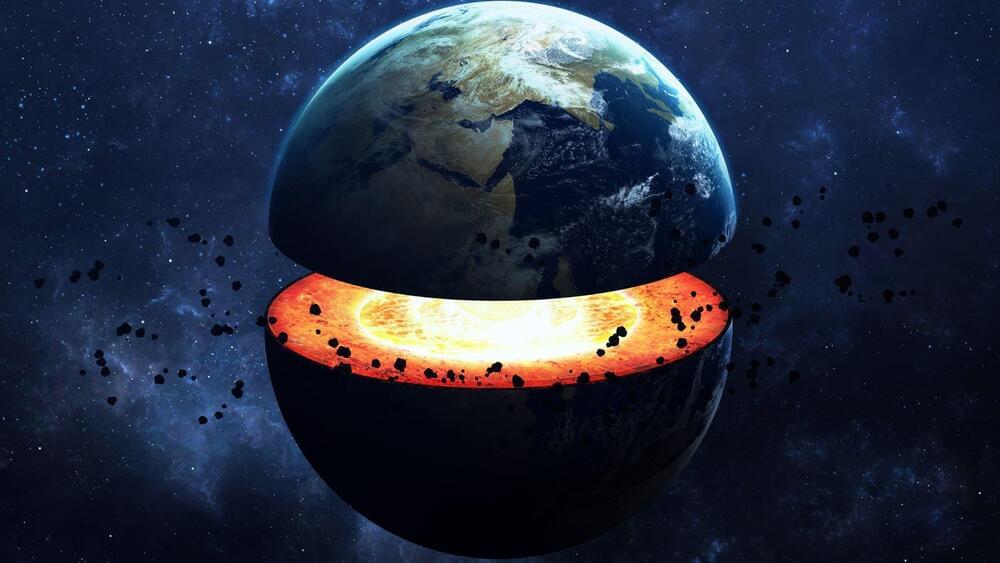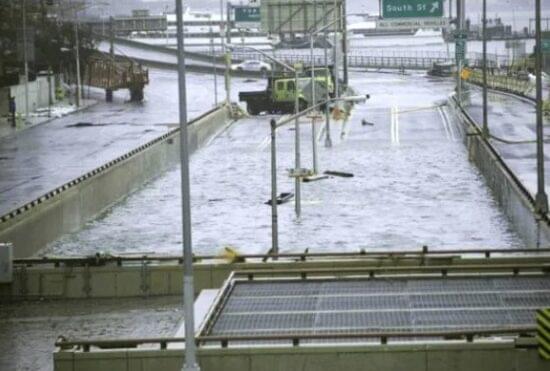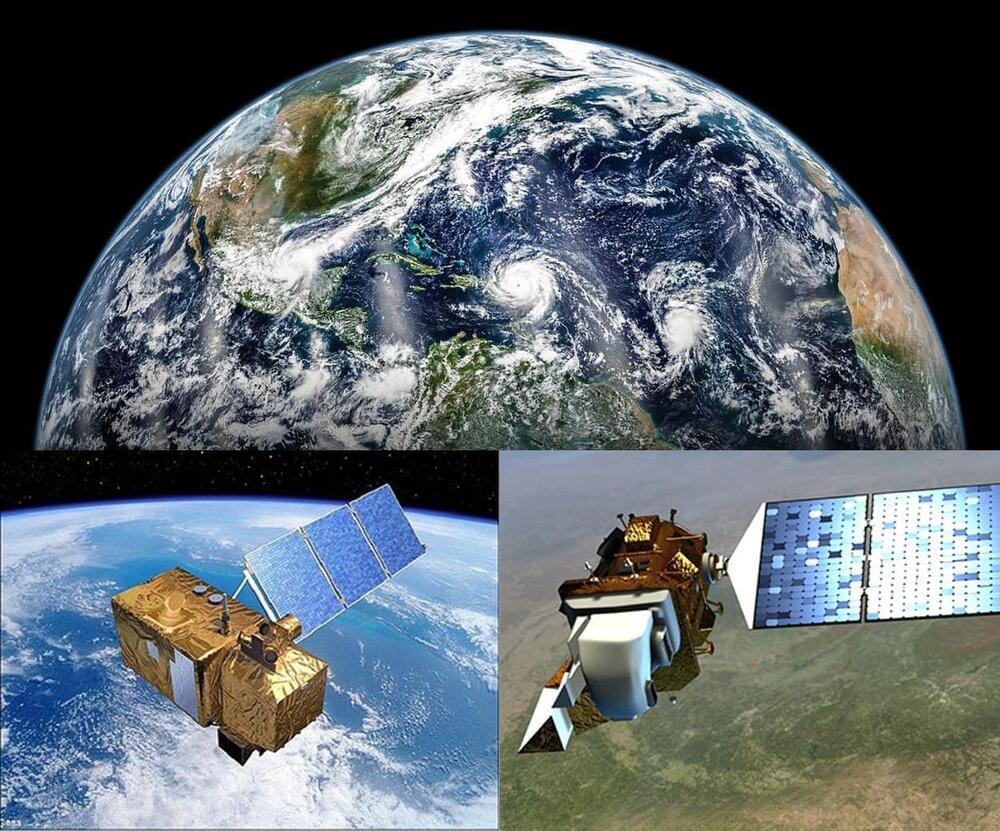New information about an emerging technique that could track microplastics from space has been uncovered by researchers at the University of Michigan. It turns out that satellites are best at spotting soapy or oily residue, and microplastics appear to tag along with that residue.
Microplastics—tiny flecks that can ride ocean currents hundreds or thousands of miles from their point of entry—can harm sea life and marine ecosystems, and they’re extremely difficult to track and clean up. However, a 2021 discovery raised the hope that satellites could offer day-by-day timelines of where microplastics enter the water, how they move and where they tend to collect, for prevention and clean-up efforts.
The team noticed that data recorded by the Cyclone Global Navigation Satellite System (CYGNSS), showed less surface roughness —that is, fewer and smaller waves—in areas of the ocean that contain microplastics, compared to clean areas.







